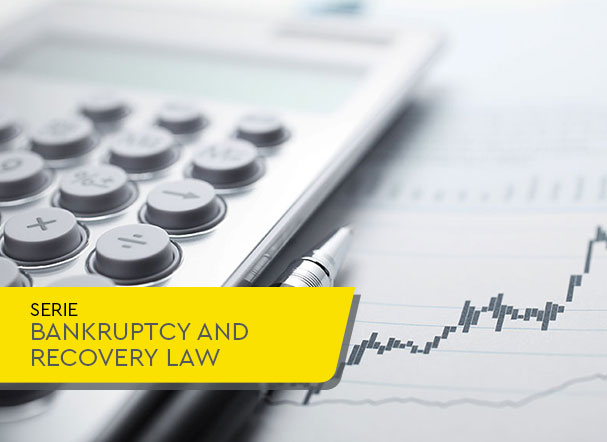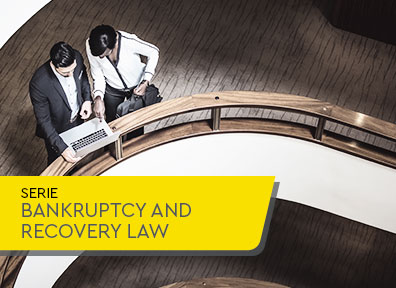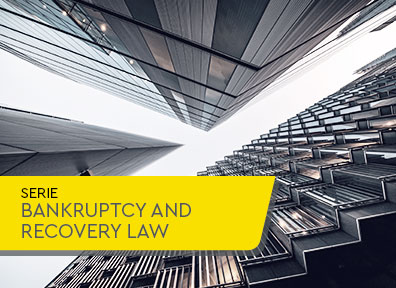Litigation
A retrospect of the changes in Law No. 11,101/2005 that deal with the position of the Treasury in relation to tax credits and tax enforcement
By creating economic incentives for spontaneous fulfillment of an obligation, the understanding in the case law that has been crystallizing in the Supreme Court induces the debtor to evaluate the cost/benefit of objecting to with the execution of judgment.
New provisions offer greater predictability and security to those interested in assets of companies under judicial reorganization. Selling assets should become more straightforward, and the value of offers to recovering companies is expected to grow.
According to the Superior Court of Justice's understanding, not all partners should be affected by the application of the piercing of the corporate veil. Nonetheless, those who were part of the management during the practice of fraudulent acts tend to be seen as benefiting from the wrongdoing and, thus, can be reached by the application of the institute.
Interpretation of the law brings legal uncertainty to arbitration agreements and represents a step back from the settled case-law.
The International Chamber of Commerce's (ICC) International Court of Arbitration has revised its arbitration rules, which entered into force on January 1, 2021. Click here for a summary of the main changes.
At first glance, it seemed that the LGPD had created substantial limitations on internal corporate investigations. But, in fact, the law brought in normative parameters that give legitimacy to the performance of these activities.
The purpose of the changes is to expand the participation of judicial trustees, which will end up increasing their responsibilities and work.
Scrutiny by the Superior Court of Appeals has helped develop a list of parameters to guide the application of these measures. Even so, judges and courts still need to use a high degree of subjectivity to assess the suitability and effectiveness of the atypical constraints requested by creditors. The covid-19 pandemic has added complexity to the topic.
For the TJ-SP, the Tax Authority can request that debtors enter into bankruptcy in some cases. But the Court's understanding, not yet definitive, may have undesirable legal and economic consequences.
Transforming a crisis into an opportunity by managing it effectively, especially from a legal point of view, means reviewing traditional views and practices and welcoming diversity.
Restatements of Law underscore the spirit of innovation, flexibility, and efficiency in the management of government-owned and government-controlled companies, particularly regarding bidding and procurement rules.













